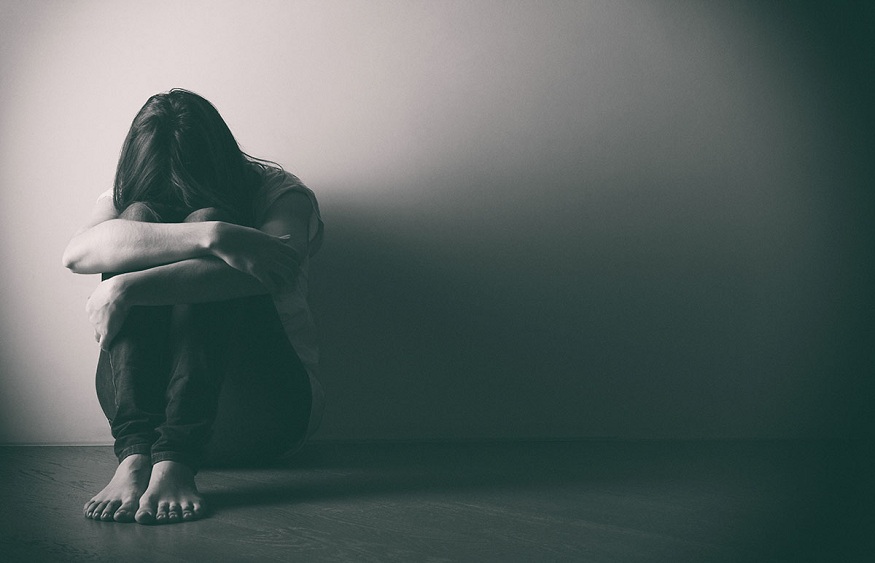Does Alcohol Withdrawal Cause Anxiety Attacks And Panic Disorder?

When an individual becomes physically dependent on alcohol and suddenly stops consuming it, their body experiences a range of symptoms known as alcohol withdrawal syndrome. These symptoms can include anxiety, restlessness, irritability, tremors, and even seizures in severe cases.
Anxiety and panic attacks are common symptoms of substance abuse withdrawal, and they can be very distressing for the individual experiencing them. The severity and duration of these symptoms can vary depending on the individual’s level of alcohol dependence and how long they have been consuming alcohol.
Alcohol withdrawal can be a serious and potentially life-threatening condition, especially in cases of severe alcohol dependence. It becomes important to seek medical attention immediately to receive appropriate treatment and support. Peer support groups, such as Detox to Rehab, can be a valuable resource for individuals going through drug or alcohol abuse withdrawal. A supportive community can help connect individuals with these kinds of peer support groups and encourage them to participate.
Panic disorder symptoms
Some of the symptoms of panic disorder that may be connected with withdrawal include:
- Rapid heartbeat or heart palpitations
- Sweating or trembling
- Shortness of breath or feeling of choking
- Chest pain or discomfort
- Nausea or abdominal distress
- Dizziness or light-headedness
- Fear of losing control or going crazy
- Fear of dying
Alcohol withdrawal can cause a range of physical and psychological symptoms, including anxiety. Some of the associated anxiety symptoms may include:
- A feeling of nervousness or restlessness, often accompanied by physical symptoms such as trembling or sweating.
- Intense and sudden feeling of anxiety or fear, accompanied by bodily symptoms such as shortness of breath or a racing heartbeat.
- Fear or avoidance of situations or places that might trigger a panic attack or anxiety.
- Fear or anxiety about social situations or interacting with other people.
- Obsessive-compulsive disorder [Repetitive thoughts or behaviours that can cause anxiety].
- Post-traumatic stress disorder [Anxiety and other symptoms that can occur after experiencing a traumatic event].
- Feelings of sadness, hopelessness, and loss of interest in activities.
If you are experiencing symptoms of withdrawal, it is important to seek medical attention, as withdrawal can be dangerous and even life-threatening in some cases.





